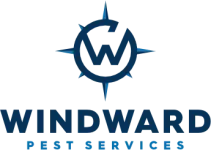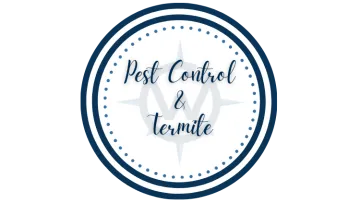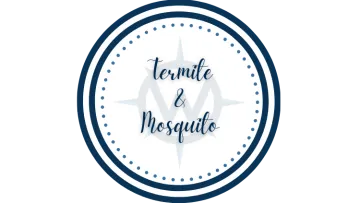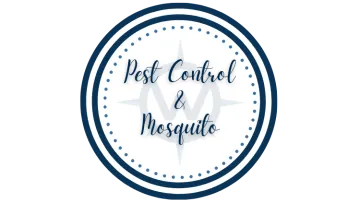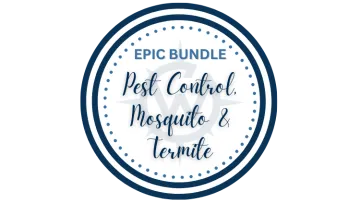Termites
Termites
Termites are a persistent and potentially destructive pest in the Southeastern United States, causing damage to homes and structures. Common termite species in the region include the Eastern Subterranean Termite, Formosan Subterranean Termite, and the Drywood Termite. Recognizing the economic and structural threats posed by termites, Windward Pest Services offers comprehensive solutions to address termite infestations.
Our professional services focus on preventive measures, such as soil treatment and barrier installation, as well as targeted treatments to eliminate existing termite colonies. By employing state-of-the-art techniques and ensuring regular inspections, we aim to protect homes and structures, providing residents in the Southeast with peace of mind and safeguarding their properties from the detrimental impact of termite activity.
Types of Termites
The Southeastern United States is home to several termite species, each with its unique characteristics and habits. The Eastern Subterranean Termite is a common and destructive species, known for its preference for moist environments and extensive underground colonies. The Formosan Subterranean Termite, an invasive species, poses a significant threat due to its aggressive feeding habits and ability to establish large colonies.
Additionally, the Drywood Termite infests dry wood, often causing damage to structural timbers. These termite species can collectively pose a substantial risk to homes and structures in the Southeast. Windward Pest Services recognizes the importance of addressing termite infestations promptly and offers tailored solutions to protect properties from the detrimental impact of these wood-destroying insects.
Drywood Termite
(Cryptotermes Spp.)
Infesting dry wood, this termite species is known for causing damage to structural timbers in the Southeast.
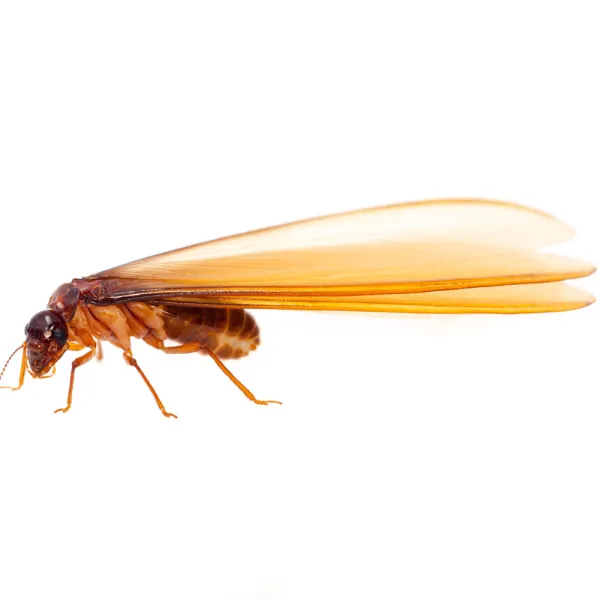
Eastern Subterranean Termite
(Reticulitermes Flavipes)
Common in the Southeast, these termites build extensive underground colonies and are a significant threat to wooden structures.
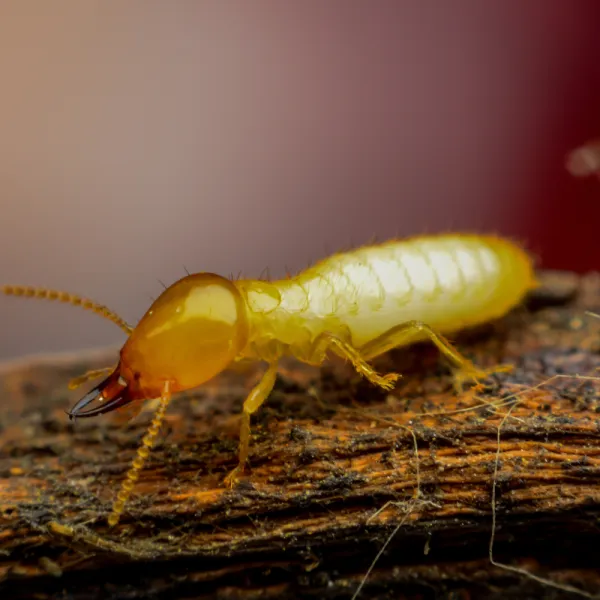
Formosan Subterranean Termite
(Coptotermes Formosanus)
Particularly destructive, the Formosan Subterranean Termite is invasive and can cause rapid and extensive damage to buildings in the Southeast.
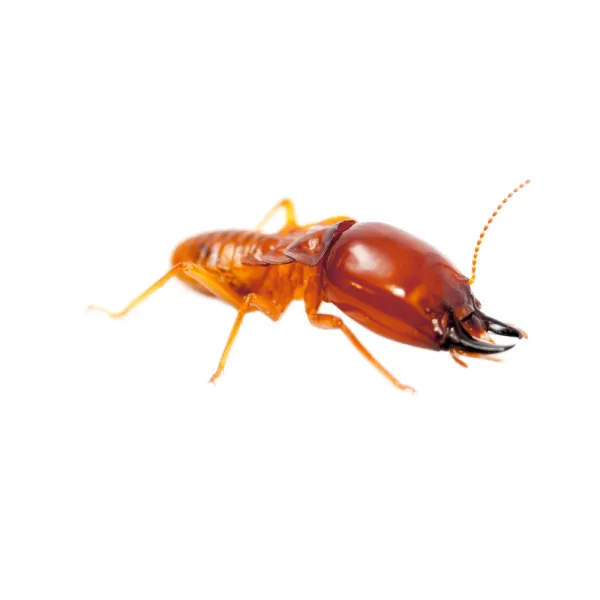
Incisitermes Snyderi
A species of termite, Incisitermes Snyderi, is notable for its distinctive mandibles and is often found in arid regions, where it contributes to the decomposition of plant matter in its environment.
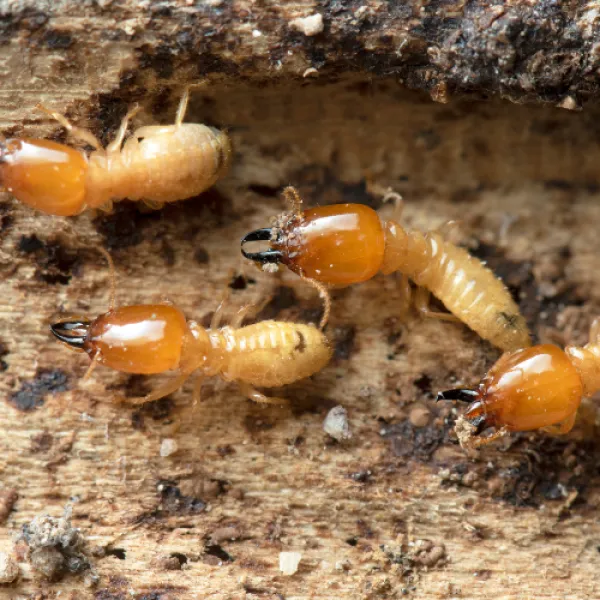
Virgina Termite
Reticulitermes Virginicus
A species of subterranean termite, the Virginia Termite is recognized for its intricate tunneling system and significant role in wood degradation within its colonies.
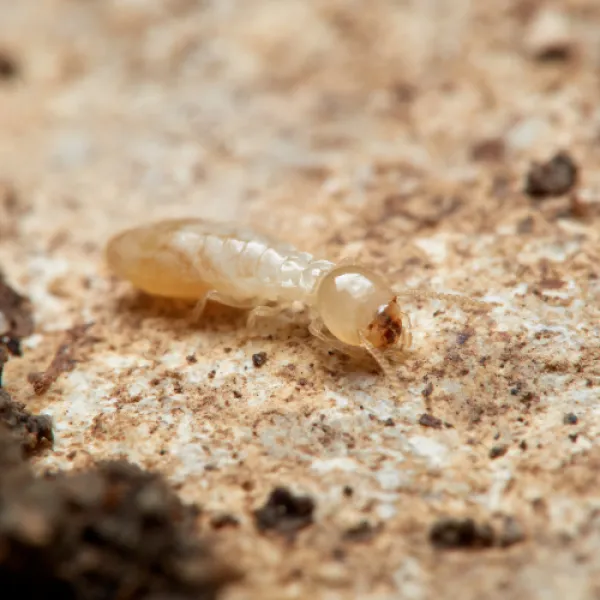
Nasutitermes Corniger
Commonly referred to as the termite "soldier," Nasutitermes is recognized by its distinctive long, pointed snout. These termites play a vital role in defending the colony against potential threats, showcasing their unique adaptations for the protection of their nest.
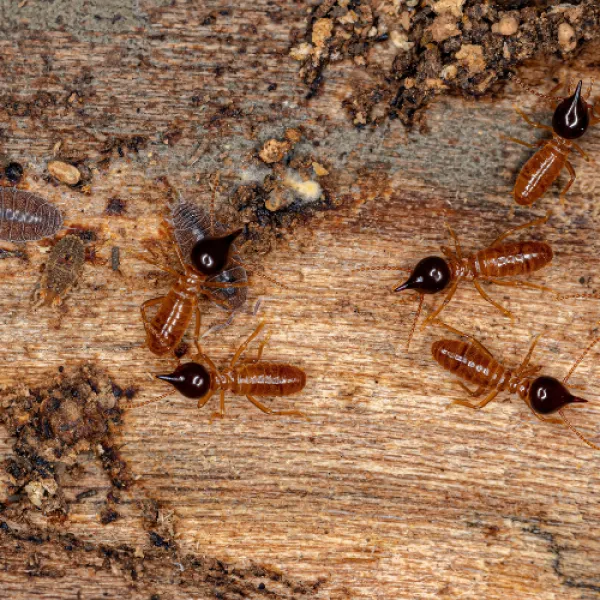
Bundle Packages Available!
Discover the convenience and cost-effectiveness of Windward Pest Services' comprehensive pest control bundles. We prioritize delivering epic service and substantial savings to our cherished clients.
Take advantage of the chance to learn more about our referral program! Connect with Us!
Decades
Of Experience
Dozens
Of Customer Service Awards
Thousands
of Online Reviews
Frequently Asked Questions
Q Are termites common in the Southeast?
Yes, termites are common in the Southeast, with the Eastern Subterranean Termite and Formosan Subterranean Termite being prevalent species.
Q What types of termites are found in the Southeast?
Common termite species in the Southeast include the Eastern Subterranean Termite, Formosan Subterranean Termite, and Drywood Termite.
Q How do termites cause damage to structures?
Termites feed on wood, causing structural damage by consuming cellulose and weakening the integrity of wooden components in homes and buildings.
Q Can termites be identified by homeowners?
Windward Pest Services provides educational resources to help homeowners identify signs of termite activity, including mud tubes, discarded wings, and wood damage.
Q What preventive measures can be taken to protect homes from termites?
Windward Pest Services offers preventive measures such as soil treatment, barrier installation, and regular inspections to detect and address termite activity early.
Q How quickly can termites cause damage?
Termites work continuously, and depending on the size of the colony, significant damage can occur over several months or years
Q Are there signs of termite infestation that homeowners should be aware of?
Signs include mud tubes on walls, damaged or hollow-sounding wood, discarded termite wings, and the presence of swarmers during certain times of the year.
Q Can Windward Pest Services eliminate existing termite colonies?
Yes, our professional services include targeted treatments to eliminate existing termite colonies and prevent further damage.
Q How often should homes in the Southeast be inspected for termites?
Regular annual inspections are recommended to detect termite activity early and implement preventive measures.
Q What is the impact of Formosan Subterranean Termites in the Southeast?
Formosan Subterranean Termites are particularly destructive, causing rapid and extensive damage, making early detection and intervention crucial for homeowners in the Southeast.
